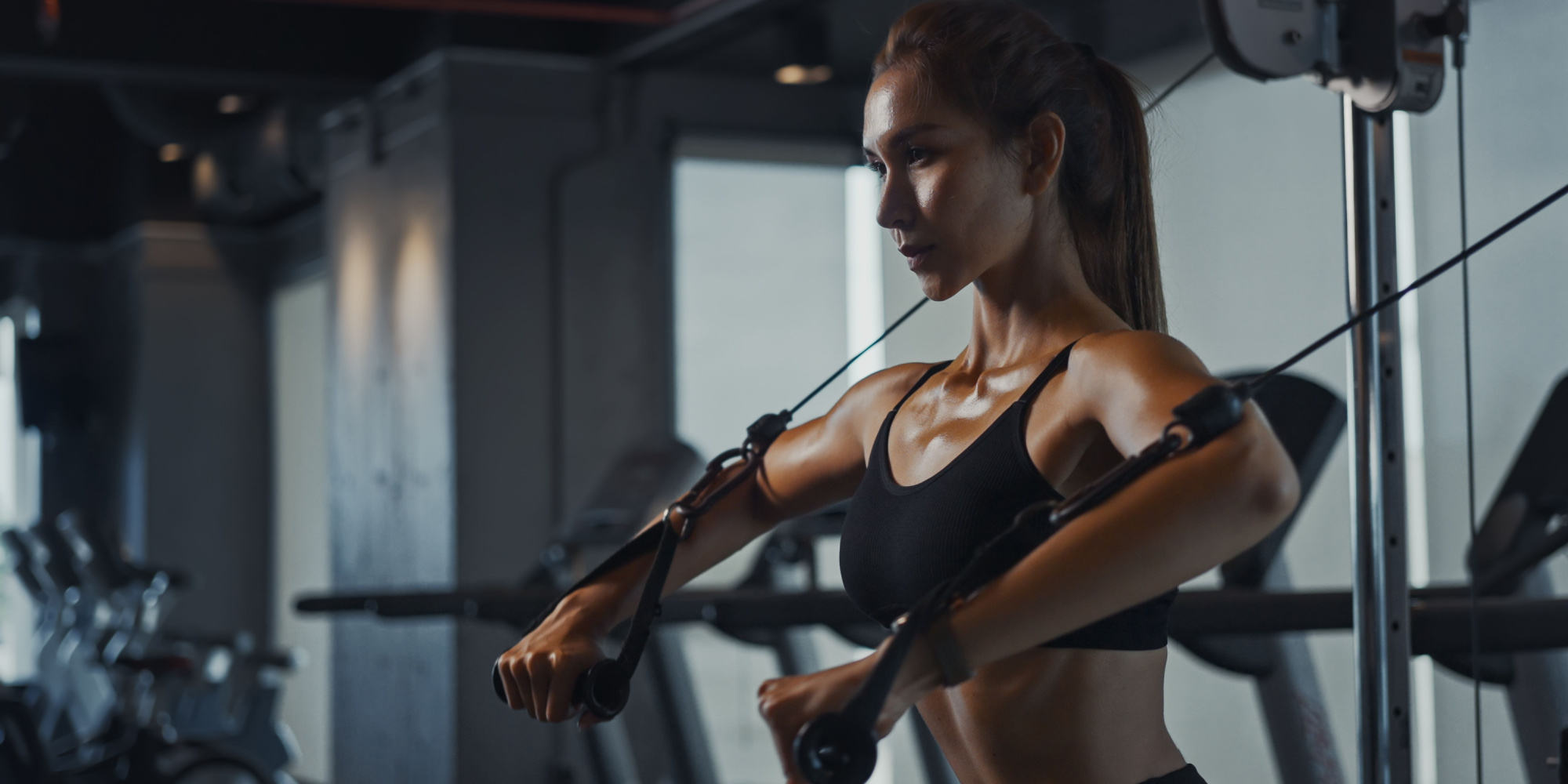Should You Feel Sore After Working Out?
Jul 21, 2023 mindpumpMuscle soreness–is it good or bad? Well, I wouldn’t say it’s good–or bad–it just depends (like with most things in fitness) on the situation.
It is normal, from time to time, to experience muscle soreness, which is when the muscles and joints feel tight, stiff, and maybe a little bit restricted. Muscle soreness is a sign of muscle damage, which actually promotes muscle growth. However, muscle soreness isn’t necessary to initiate muscle protein synthesis and rebuild muscle after a workout.
When we lift weights, and when enough resistance is applied, we damage the muscle fibers we are activating. Inflammation occurs, and when we take the time to rest and repair in between workouts, the goal is for the muscle fibers to rebuild themselves stronger than they were before.
But do we mean by stronger muscle fibers?
During muscle growth, or skeletal muscle hypertrophy, more myosin filaments are added to each muscle fiber. Myosin interacts with actin filaments to mechanically contract the muscle. Resistance training, therefore, increases the structure and number of filaments within the muscle fiber, enhancing the size and strength of the muscle itself.
Now, why do we get sore?
For many new-timers, or those who haven’t worked out in a while, they are most susceptible to muscle soreness. When you haven’t actively trained your body in months, or even years, you will definitely feel sore for a few days.
Another reason you could be sore is if you try new methods of training, or deviate from your typical routine.
If you barbell-squat pretty regularly, it’ll be pretty rare that you’ll wake up the next morning feeling sore after a decent workout. But if you decide to give leg presses a try for the first time in a year, you may be feeling it the next day. The quadriceps are the primary muscles being recruited during both exercises, but because the biomechanics and recruitment of muscle fibers differ between the two, you’ll likely find the leg press to be harder to execute because you’re simply not used to it.
The same goes for someone who wants to start running, but is an avid lifter. You many be able to deadlift 200 pounds with ease, and feel fine the next day, but it probably won’t be the case after finishing a 3-mile run if you’re not used to running.
Signs You Are Probably TOO Sore
- Unable or have limited ability completing daily activities
- Still experiencing soreness after about 72 hours
- You are overcompensating during certain movements
- General weakness or fatigue 2–3 days following exercise
- Joint restrictions when moving through a certain range of motion
If you are still sore after 3 days, you probably over-exerted yourself. Called delayed-onset muscle soreness (DOMS), this can occur due to a number of, or combination of, different factors:
- Muscle spasms
- Overstretching and tearing of portions of the muscle’s connective tissue
- Acute inflammation
- Alteration in the cell’s mechanism for calcium regulation
- Damage to the contractile components of the muscle accompanied by the release of creatine kinase, myoglobin, troponin I, the muscle-specific marker of muscle fiber damage
If you are someone who trains regularly and follows a steady routine, you probably won’t feel too sore after your workouts. This is even true for those who are hitting new PRs or train frequently; the more often you practice certain movements, or train specific muscle groups in the same fashion, the more your muscle will adapt to that sort of stimulus.
Muscle soreness is not needed to progress and build muscle, and too much muscle soreness can actually hinder results and delay recovery.
If you’re getting stronger, and lifting heavier, but not getting that muscle soreness you used to get, you’re doing perfectly fine. Keep doing what you’re doing!







